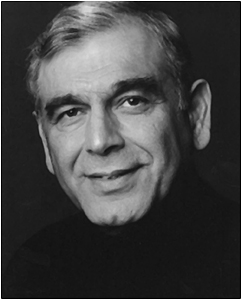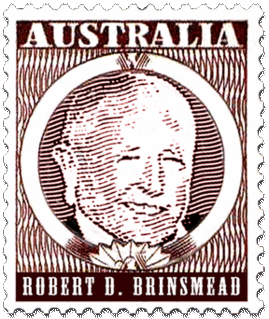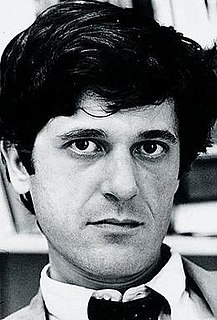A Quote by Jack London
No; I did not hate him. The word is too weak. There is no word in the language strong enough to describe my feelings. I can say only that I knew the gnawing of a desire for vengeance on him that was a pain in itself and that exceeded all the bounds of language.
Related Quotes
For language to have meaning, there must be intervals of silence somewhere, to divide word from word and utterance from utterance. He who retires into silence does not necessarily hate language. Perhaps it is love and respect for language which imposes silence upon him. For the mercy of God is not heard in words unless it is heard, both before and after the words are spoken, in silence.
I have studiously tried to avoid ever using the word 'madness' to describe my condition. Now and again, the word slips out, but I hate it. 'Madness' is too glamorous a term to convey what happens to most people who are losing their minds. That word is too exciting, too literary, too interesting in its connotations, to convey the boredom, the slowness, the dreariness, the dampness of depression.
The Bible in itself is not the Word of God. The Word of God is a person. Neither does the Bible have life, power or light in itself any more than did the Jewish Torach. These attributes may be ascribed to the Bible only by virtue of its relationship to Him who is Word, Life, Power and Light. Life is not in the book, as the Pharisees supposed, but only in the Man of the book .
We can mention only one point (which experience confirms), namely, that next to the Word of God, music deserves the highest praise. No greater commendation than this can be found — at least not by us. After all, the gift of language combined with the gift of song was only given to man to let him know that he should praise God with both word and music, namely, by proclaiming [the Word of God] through music.
When I was quite young I fondly imagined that all foreign languages were codes for English. I thought that "hat," say, was the real and actual name of the thing, but that people in other countries, who obstinately persisted in speaking the code of their forefathers, might use the word "ibu," say, to designate not merely the concept hat, but the English word "hat." I knew only one foreign word, "oui," and since it had three letters as did the word for which it was a code, it seemed, touchingly enough, to confirm my theory.
Sometimes language gets in the way of the story's feelings. The reader finds himself experiencing the language of the story rather than the story. The words sit there on the page like coins, with their own opacity, as though they're there for their own sake. "A man goes into a phone booth, stirring coins in his palm." "Stirring" is such an obviously selected word. You can feel the writer looking for the word as he sat at the typewriter.




































